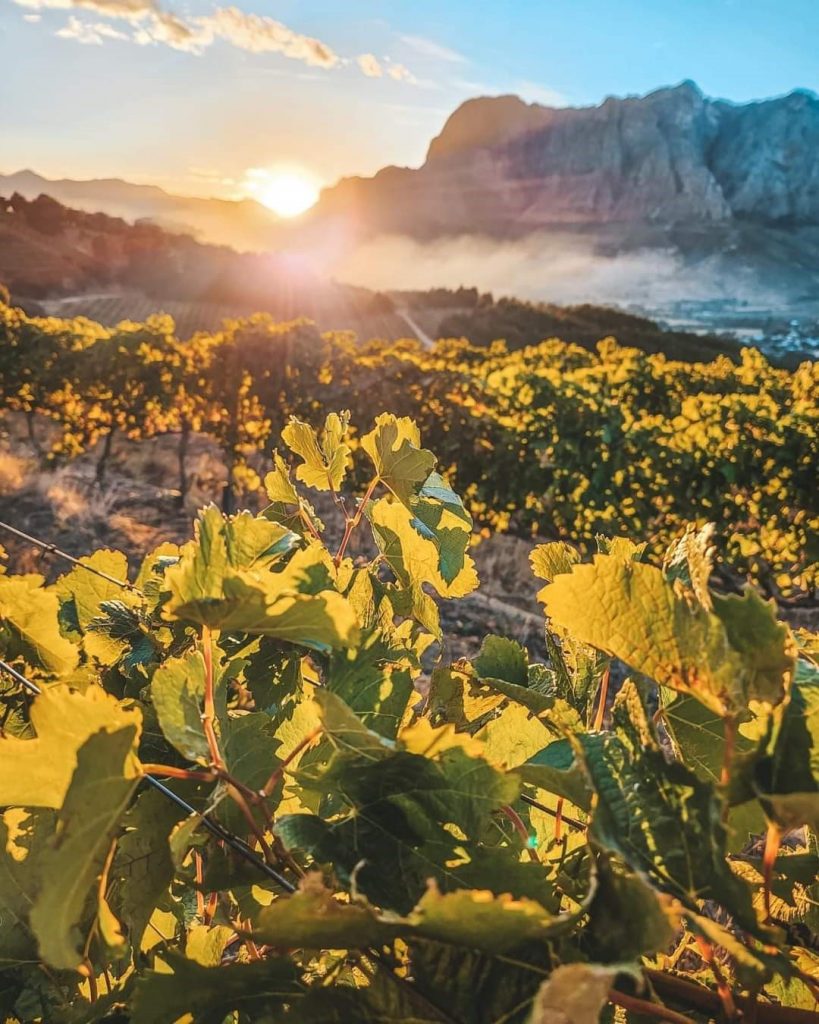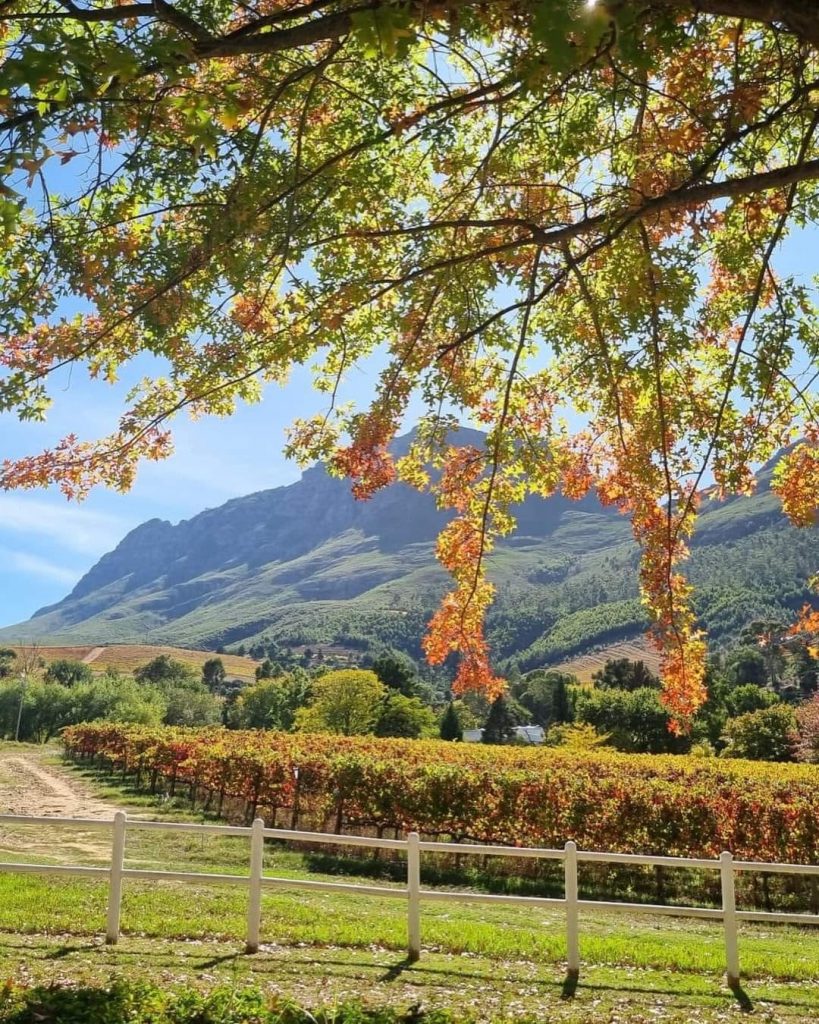South Africa is currently facing several challenges with regard to export expectations, whether they be port, weather, escalating cost, load shedding or carrier-related.
As the freight forwarding sector of the supply chain, Kukla South Africa and the UK (photo: Deep Sea team from left to right, Kerry Radford – General Manager, Maggie Wood, Becky Thompson and Gavin Williams Deep Sea Department Manager) are cognisant of all these factors. Our focus is to provide a service to the local suppliers that aligns them with global expectations and we work hard to support these partnerships.
Western Cape is the shining light in the current economic climate of South Africa, recording a positive growth in employment which is, in part, due to the development of our exports.
The wine industry plays a major role as one of the biggest exports from Cape Town, the oldest city in South Africa and the hub of agricultural exports, i.e. deciduous, citrus and table grapes for the international market.
The natural environment and beauty of the area bring their challenges. The city is situated at the northern end of the Cape Peninsula, where, at the southern tip, the warm Agulhas current and the cold Benguela current meet. This results in the region experiencing strong winds, particularly in summer. These winds play havoc with the container terminal and the movement of vessels, as the gantries are not permitted to operate at wind speeds in excess of 80KPH(49MPH).
In February 2023, the terminal was windbound for over 230 hours.
Considering there are three operational berths, this has a considerable impact on productivity over the peak season. That said, there are plans afoot to alleviate this problem. Creating inland terminals for holding export containers when the main terminal is windbound is one such plan; containers will be transported by truck into the inland terminal and then railed into the port when work resumes.
Belcon is one of the inland terminals that are currently operational. However, due to demand, capacity constraints have become a concern.
The Port of Cape Town is operated by Transnet National Ports Authority (TNPA), a Government parastatal.

There are discussions underway to evaluate the option of PPPs (public-private partnerships) in order to make the ports more competitive and adhere to Global best practices. The relevant stakeholders are fortunate to have a very good working relationship with TNPA and engage in weekly meetings to discuss and resolve the issues that must be addressed.
Feedback on the 2023 harvest, which is still in progress, is tentative. Volumes are down by 20-30% from last year in some regions, albeit against the high volumes of the past couple of years. Current weather conditions are not helping, and the consistent rains and chilly weather could lead to unripe grapes. In some areas, the sugars are still too low to harvest, and the levels may remain low due to the colder weather. In addition, the rain can cause damage to some of the cultivars, causing bursting or rotting and ultimately having an impact on quality inconsistencies.
South Africans remain positive. Winemaking is an art form and the winemaking artists will rise to the challenge and produce some wonderfully interesting wines. That’s what makes this industry such an exciting one.


